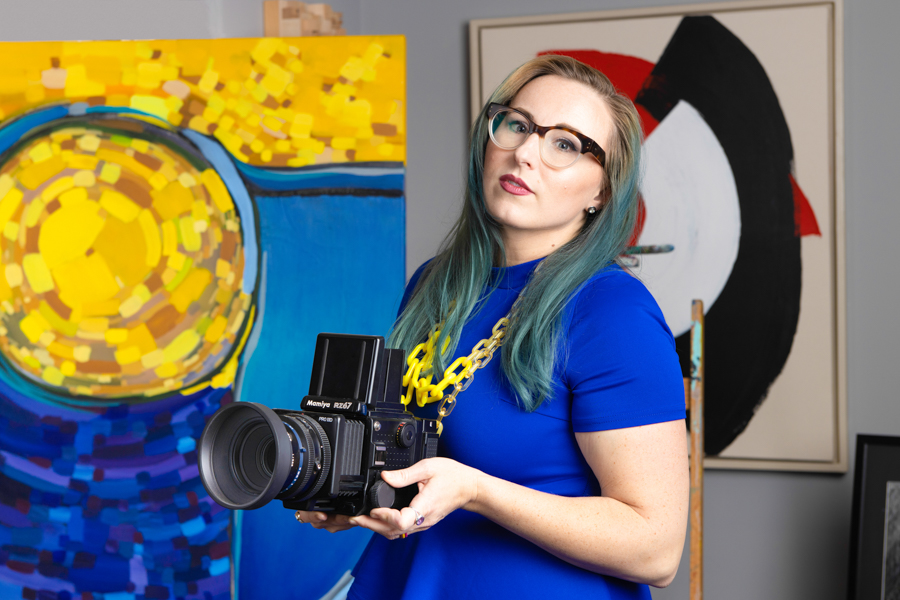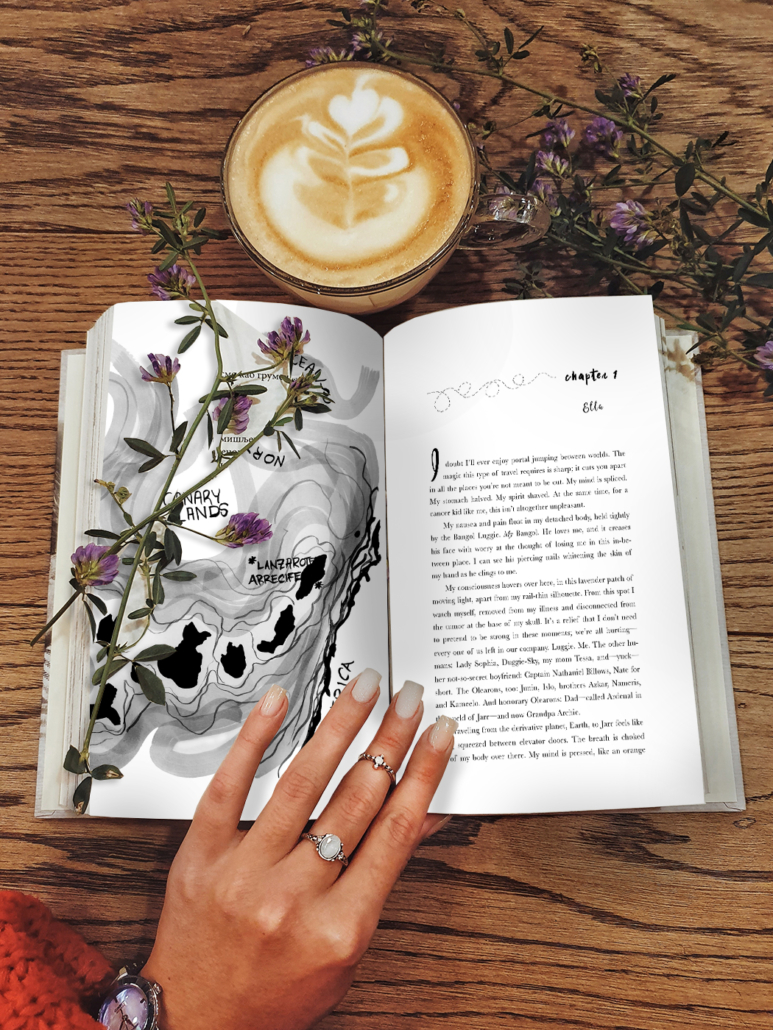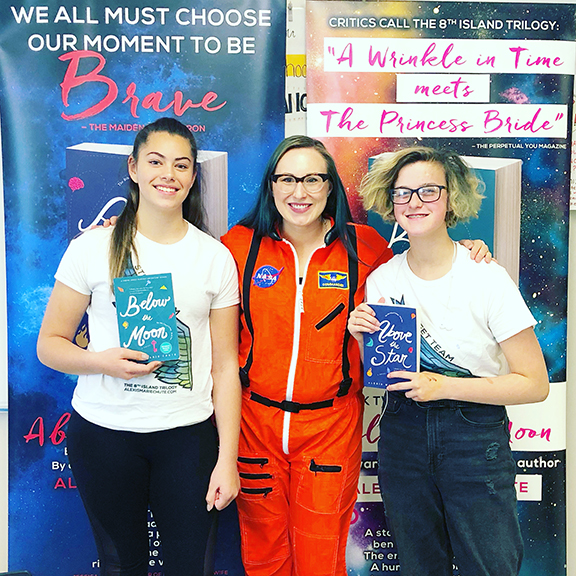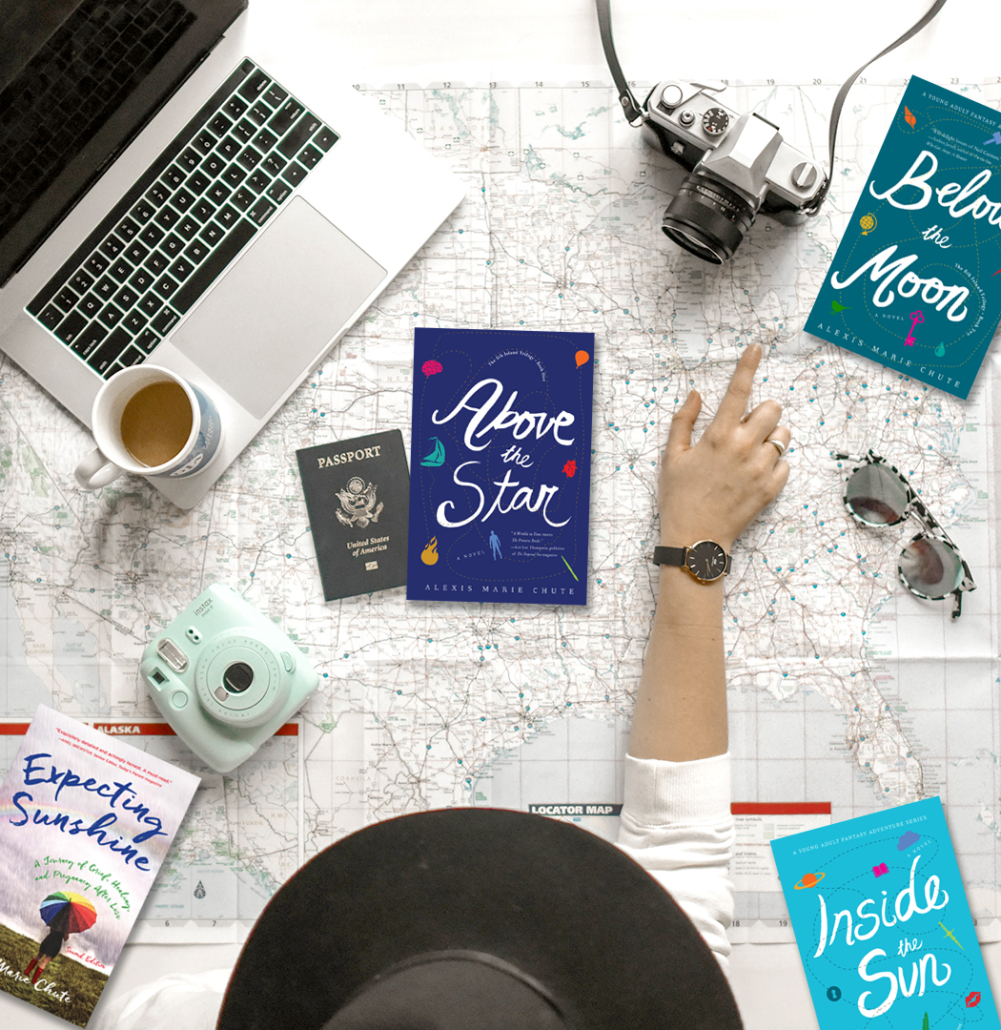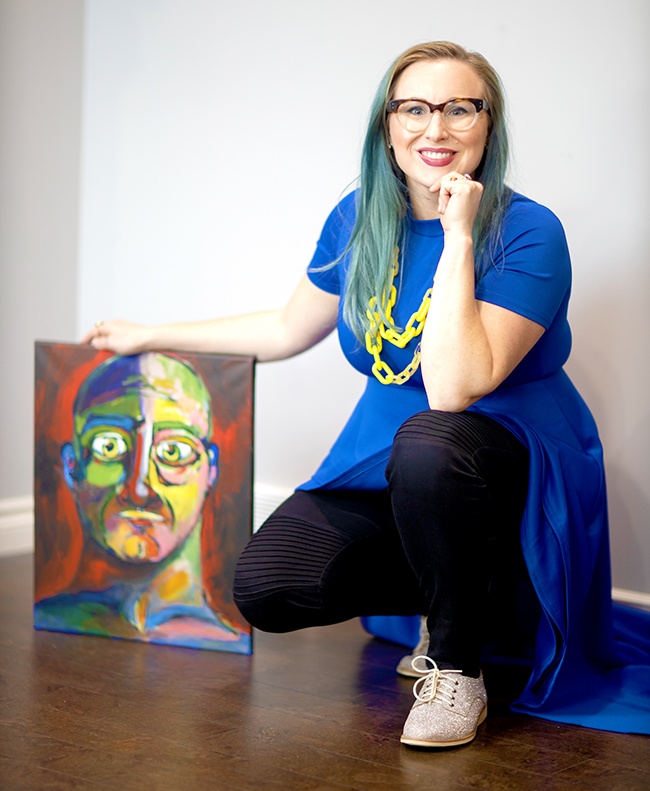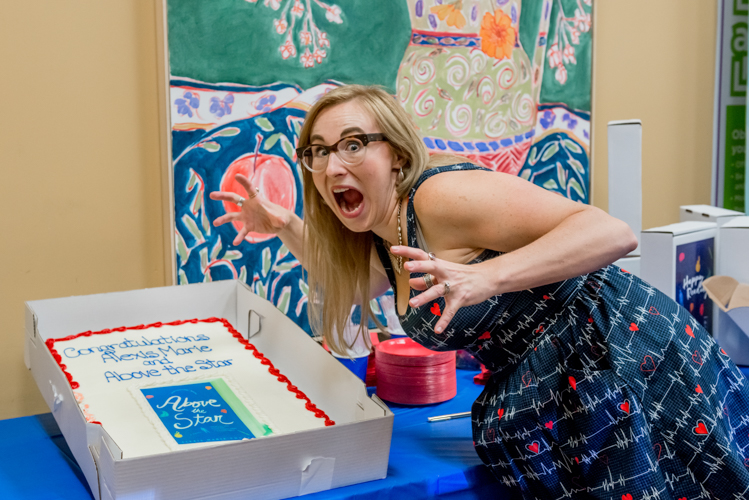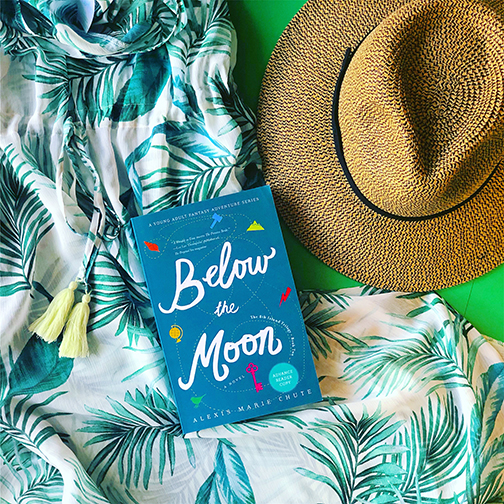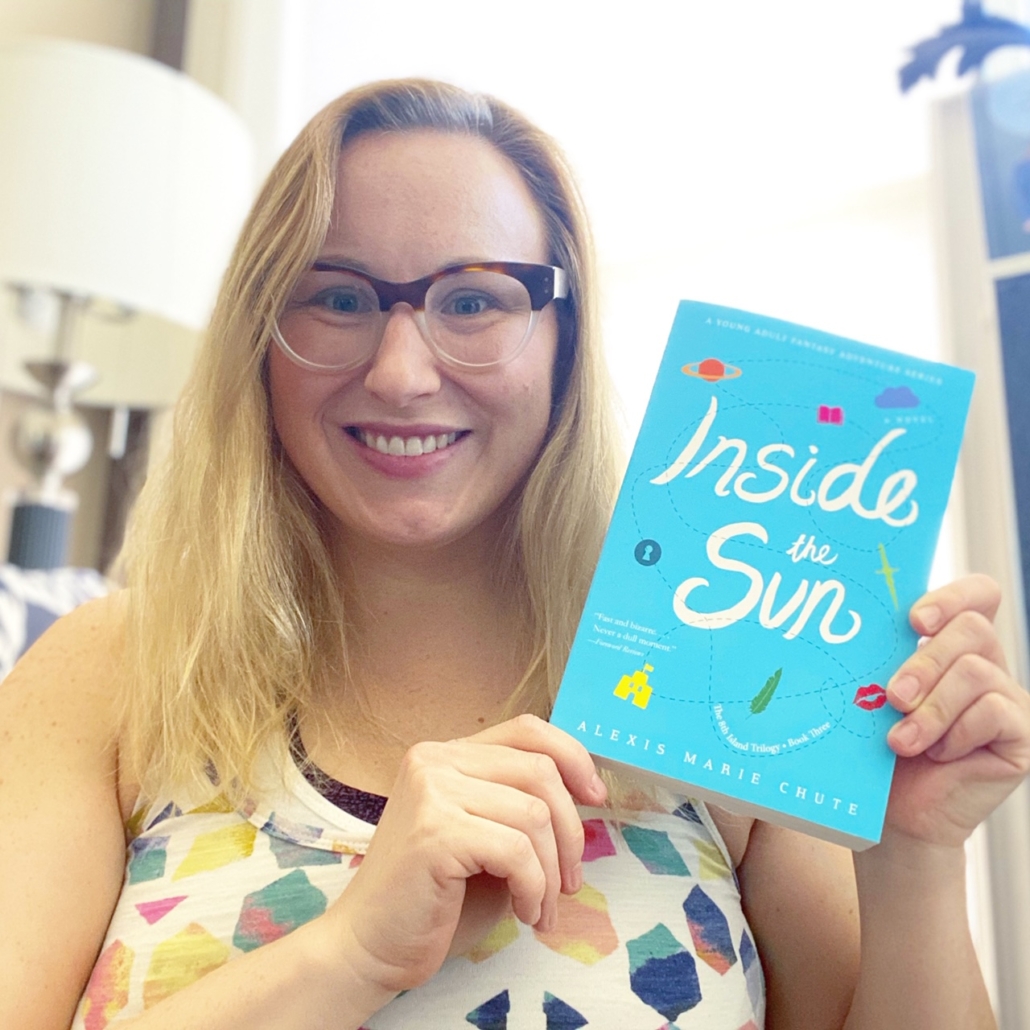A Pep Talk for the 3 Day Novel Contest 2014
The 3 Day Novel Contest is not a marathon; it’s a sprint. It requires stamina, determination and vision.
The first time I participated in the 3 Day Novel writing competition, which is held every labour day weekend, I had a newborn on my lap and an outline in my hand. My husband was supportive and kept my three year old busy and delivered plates of yummy food to my desk at semi-regular intervals. I knew roughly where my story would take me, what characters would be major players, and my approximate plot arc. The rest of the details were filled in as I wrote. I didn’t sleep much that weekend – but having a newborn to care for and nurse prepared me well.
The weekend was an adventure of speed and imagination – and I enjoyed every moment of it.
To coach writers in preparation for the 3 Day Novel Contest, in the final days leading up to the challenge, my advice is straightforward:
Perfectionism is your enemy.
First drafts are not meant to be flawless. The most important concern at this stage is getting your ideas out on the page. Perfectionism, while unattainable, is a characteristic better saved for the editing stage.
You can edit later.
Turn off the left brain urge to edit while you write; it will slow you down and bog you in details that should not matter in the initial time of creative expression. While writing, let the ideas flow. You can critique your sentence structure, grammar and pacing later.
Drink lots of liquids.
If your body gets run down, your writing will suffer. Creativity is a mental and physical engagement. Be present, mindful and aware of your body, taking care of it as if you were running a race. Water is essential.
Get some exercise.
This can be achieved by literally running to the bathroom after all the liquids, but, seriously, getting up, stretching and flexing your muscles is tremendously important. You will be challenging the muscle of your brain but getting the blood flow throughout your whole body will make all the difference.
Trust your imagination to fill in the gaps.
At this stage of the writing, don’t worry if you accidentally changed the eye colour of your main character part way through your manuscript. Don’t worry if you are unsure how to end your story or how to get your protagonist from point A to point B. As you write, your imagination will give you solutions to the problems perturbing you and any errors can be fixed later. Free write to see what will come out of you but don’t worry. Worry inhibits your best writing.
Believe in yourself.
Write a novel in three days? Yes, it is possible. You can do it. I have done it, lots of people have done it, and so can you. Challenges are fun and push us to the limit. It’s worth the effort. (Even if you don’t “finish” your novel, if you survive the weekend and gave it your all, that’s something to be proud of.)
Have fun.
The 3 Day Novel Contest is not meant to be work. It is a fun weekend getaway (in your office or at the coffee shop); a chance for writers to do something silly and goofy like write a novel in three days! Go with the flow. Make it a game. Also, join in the conversation about the writing process by tweeting using #3DayNovel. I connected with a few individuals during the weekend and we ended up continuing the conversation and starting an online writing group.
Well, do you accept the challenge? Tomorrow, Friday August 29, is the last day to register.
I believe in you! The 3 Day Novel Contest is upon us. Good luck!


